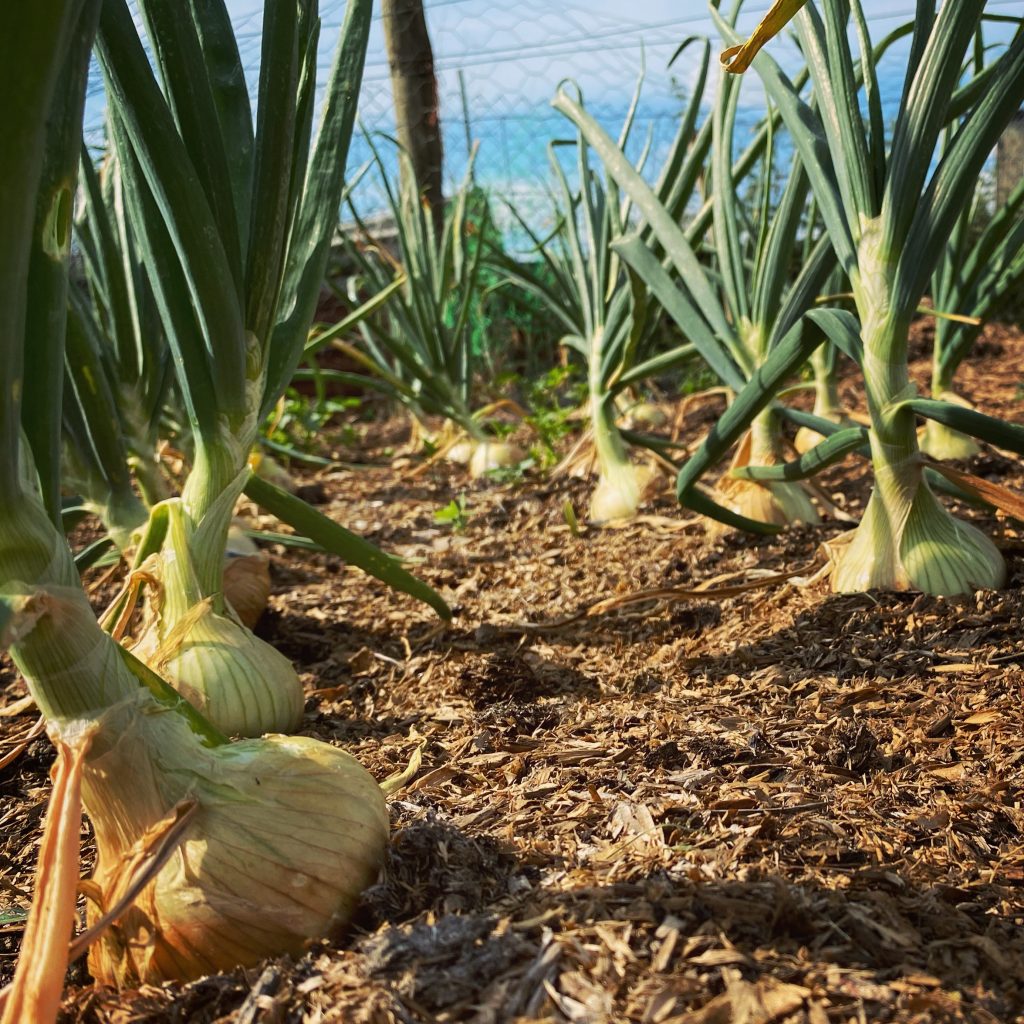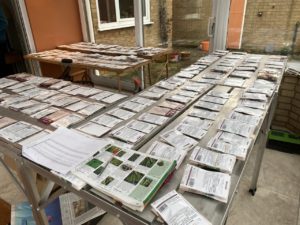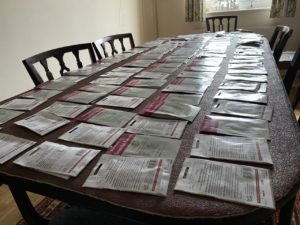Yes, it’s that time of year again! The annual judging for Best Kept Competition will be taking place in June. A small panel of committee members from each site will judge all plots and select the best 10 plots from each site. These selected plots will then be put forward for final judging by independent judges in mid-July who will determine the best plot on each site. Each site winner will receive a prize of £25 voucher to be spent at the Members’ Shop. Of these two, the plot gaining the most points will be declared the overall winner and the tenant awarded the Basil Byrant Cup.
In addition, a separate independently judged competition will select two Best Newcomers. One from North Road and one from Clothall Road. These awards are for new tenants that started from 1 May 2022 – 30 April 2023. Each Best Newcomer will receive a prize of £25 voucher to be spent at the Members’ Shop. The winner of the Clothall Road site will be awarded the Frank Conway cup and the winner of the North Road site will be awarded the John Gray cup.
Take some inspiration from the previous plot winners in the pictures below.


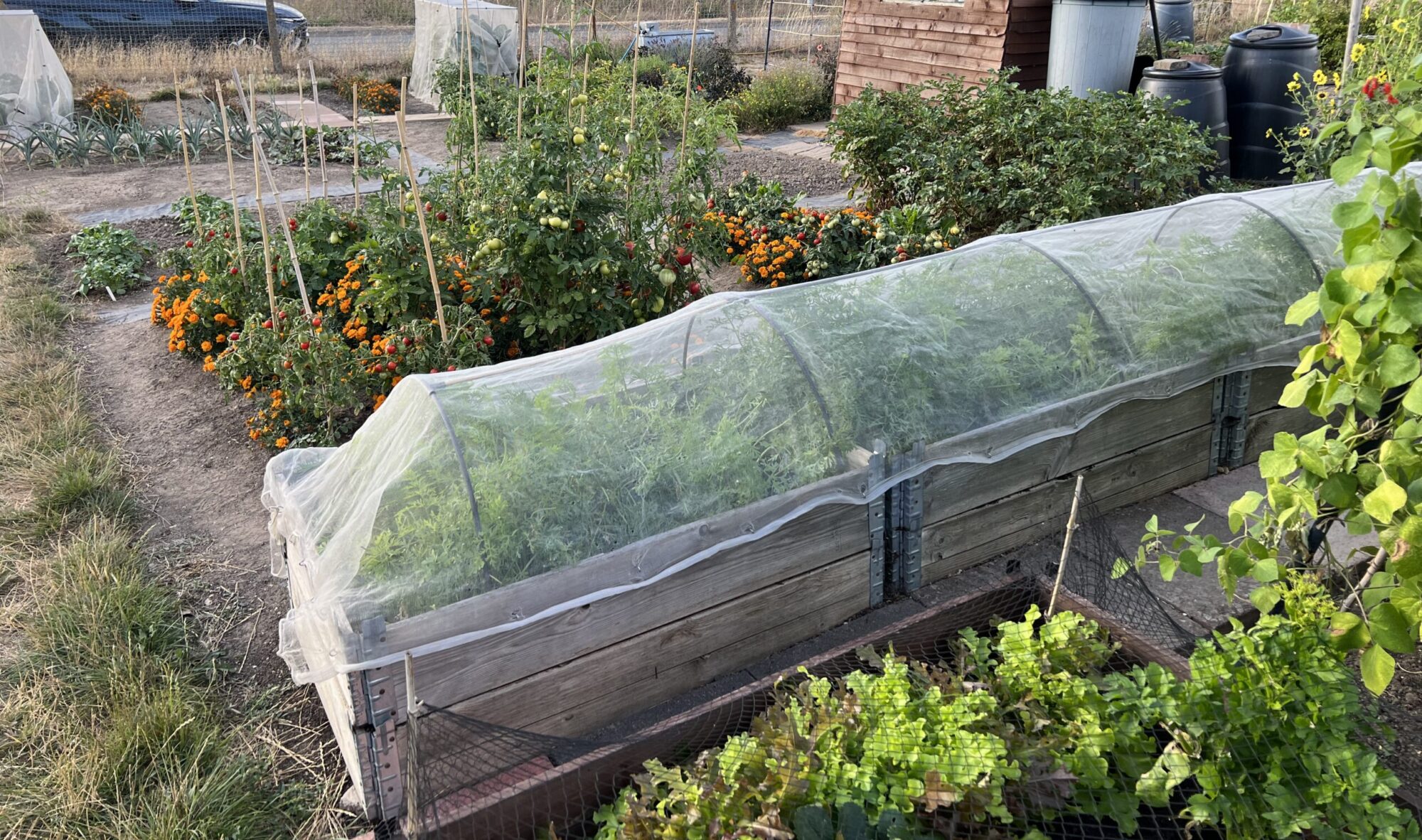
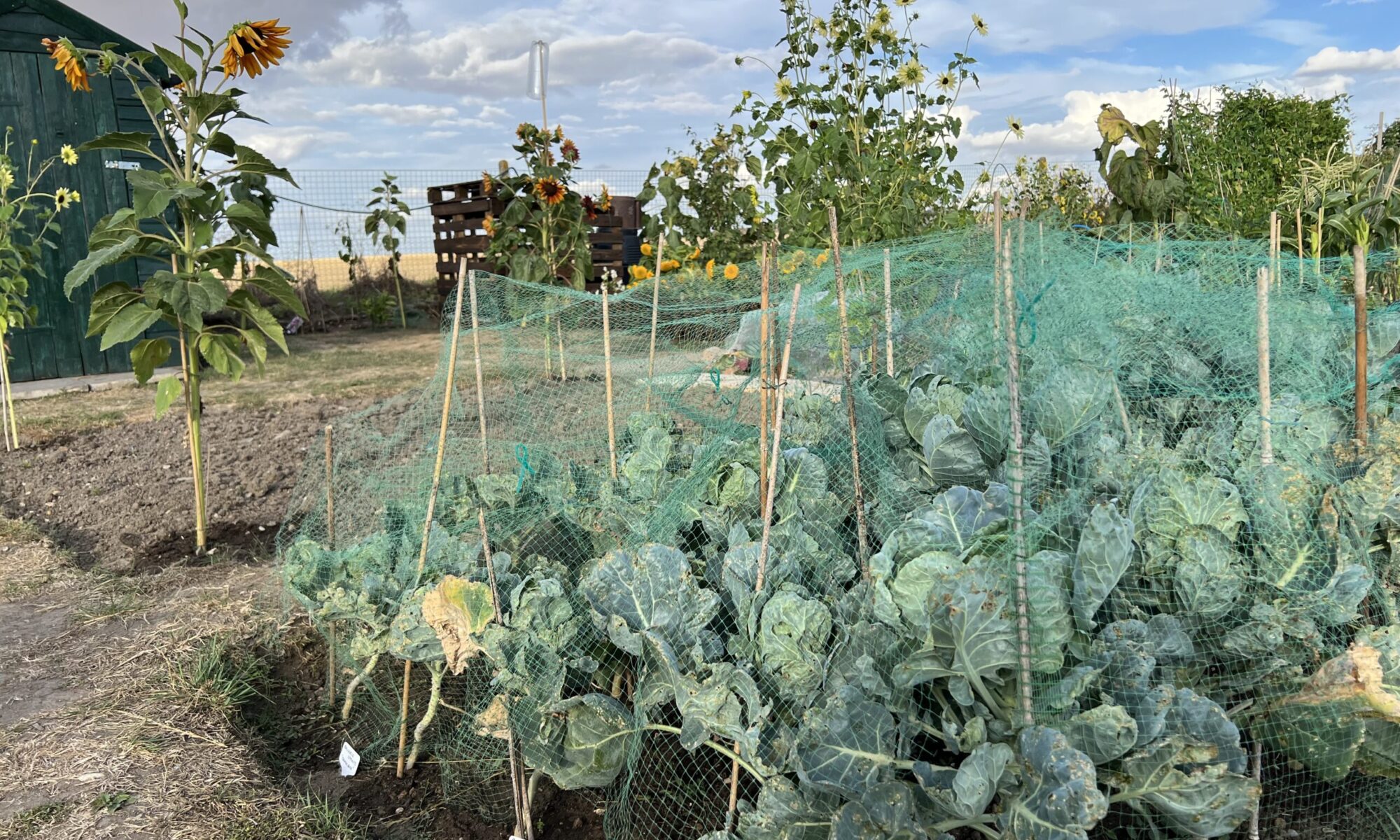

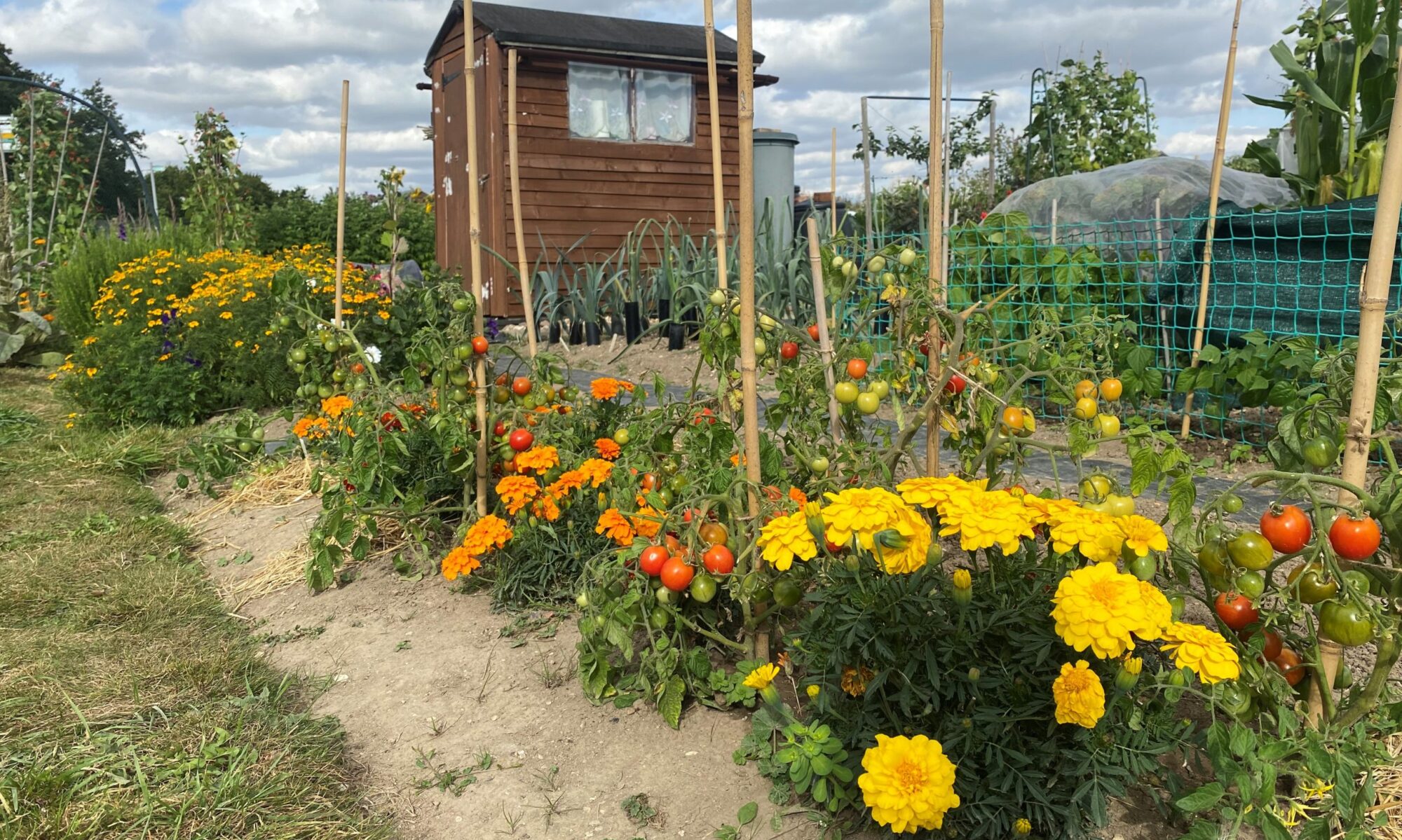




 On Saturday 30 October from 10am to 3pm, Baldock will have its first Ecofest where people attending can chat with local experts about reducing food waste, growing your own, upcycling and crafting and recycling and composting.
On Saturday 30 October from 10am to 3pm, Baldock will have its first Ecofest where people attending can chat with local experts about reducing food waste, growing your own, upcycling and crafting and recycling and composting.
